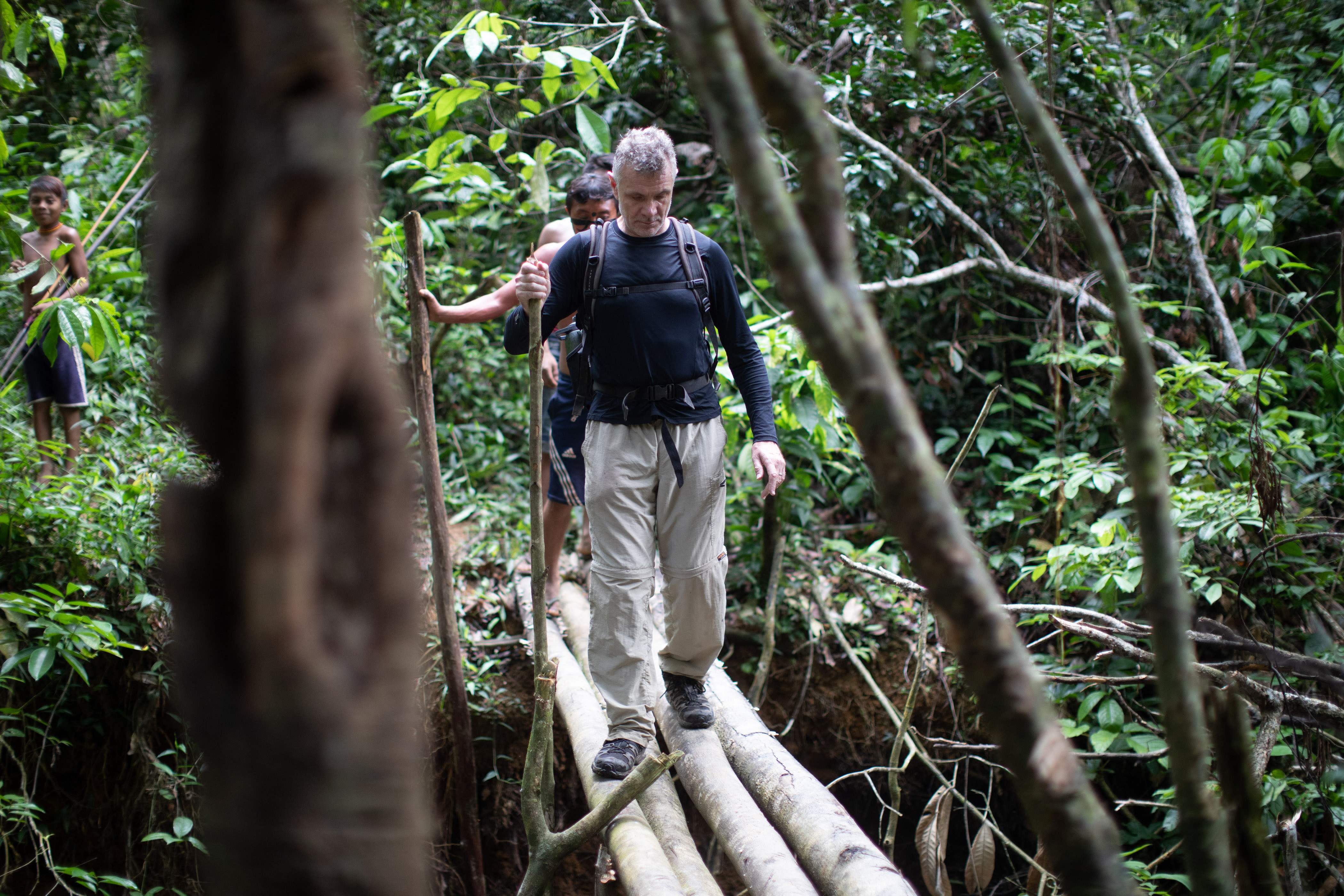
The death of British journalist Dom Phillips was “collateral damage” in a drunken ambush of Brazilian indigenous expert Bruno Pereira, Brazil’s vice-president has claimed.
The bodies of Phillips and Pereira were discovered last week in a remote area of the Amazon, ending a 10-day search for the two men, who had last been seen in the Javari Valley close to the border with Colombia and Peru.
The pair are thought to have been killed by men who were engaged in illegal fishing. Three people have so far been arrested in relation to their deaths. One of them, Amarildo da Costa Oliveira, was recently taken by police to the scene of the crime.
During a reconstruction of the murder, the suspect, whose brother has also been detained, claimed that another fisherman, Jeferson da Silva Lima, had got involved in a row with Phillips and Pereira about illegal fishing, and then shot them.
Another five people are suspected of helping the men to hide the bodies.

Speaking about the deaths, Hamilton Mourao, Brazil’s vice-president, said Pereira had been the main target of the attack. It remains unclear whether his comments were based on the murder inquiry being conducted by the police.
“If someone ordered the crime, it’s a business person in the region who was feeling aggrieved, mainly by Bruno’s actions,” Mr Mourao said earlier this week. “Not Dom’s. Dom got caught up in this story. He was collateral damage.”
The vice-president added that “every weekend people are struck and killed by knives, by gunshots, in the most cowardly of manners. And normally this is a result of what? Alcohol. So that’s what must have happened there.”
His claims come after the Brazilian president, Jair Bolsonaro, said Phillips and Pereira had been on an “adventure that wasn’t to be recommended”. They were in fact on a research trip for a book Phillips was writing.
The brutal murders shocked the world and led to an outpouring of support for the two men’s friends and family.
Pat Venditti, the executive director of Greenpeace UK, was among those who paid their respects to the victims. He described them as “brave, passionate and determined men”, who were engaged in the “vital work of shining a light” on the threats faced by indigenous peoples.







